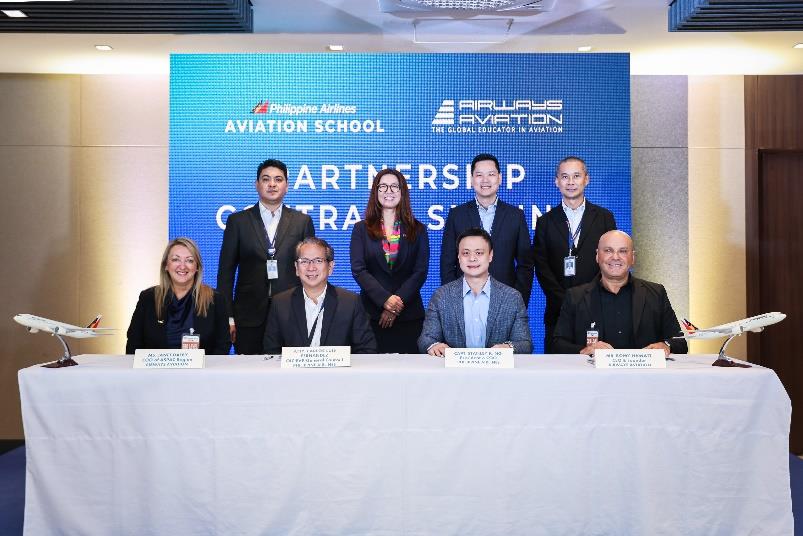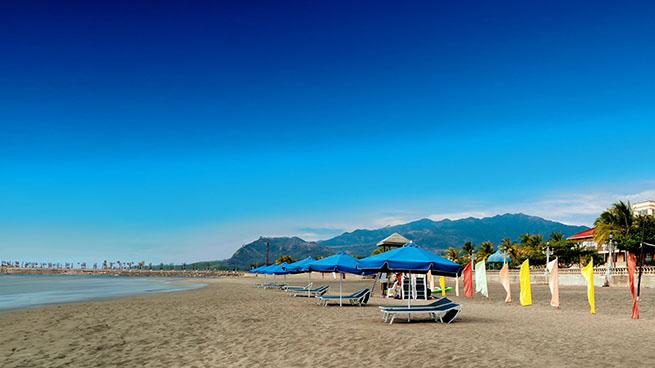
The Department of Tourism (DOT) bared better industry numbers in terms of foreign tourist arrivals–hitting the 100,000 mark–as COVID-19-related restrictions are further eased in the country.
According to data generated from the One Health Pass (OHP), inbound visitor arrivals to the Philippines have now reached 102,031 as of March 16, a high note for the country since its closure of borders at the onset of the pandemic in 2020.
Tourism Secretary Berna Romulo-Puyat shared her satisfaction with the development, as such reflected the inevitable revival of the sector.
“We are happy to see the gradual reopening of our borders finally bearing fruit as evidenced by the much higher foreign visitor arrivals. This will help safeguard the industry’s revival, providing more jobs and livelihoods to Filipinos in the tourism sector,” Puyat explained.
Tourists from the United States of America (USA) remain the top contributor to the total foreign tourist arrivals to the Philippines since its reopening of borders on February 10 until March 16 with 22,243; followed by Canada with 4,852; the United Kingdom with 4,386; South Korea with 3,748; Australia with 3,387; Vietnam with 2,656; Germany with 1,976; and Japan with 1,752.
According to the DOT chief, the various measures imposed by the Inter-Agency Task Force for the Management of Emerging Infectious Diseases (IATF-EID) such as the suspension of the country classification system and relaxed entry protocols for fully-vaccinated leisure travelers from visa-free countries listed under EO 408 have helped facilitate the influx of tourists visiting the country.
Just last week, the DOT announced that the Philippines will open to fully vaccinated travelers from all countries, as well as the resumption of visa issuances by Philippine embassies starting April 1 to coincide with this development.
Along with the said move, it allowed the submission of negative laboratory-based antigen test results taken within 24 hours from departure as an alternate option for arriving passengers, in place of the initial requirement of a negative result of an RT-PCR test taken 48 hours prior to departure from point of origin.
“Our numbers are still far from pre-pandemic levels, but we are optimistic that this will continue to increase amid the sustained decline in COVID-19 cases in the country as well as the ongoing efforts of the Philippine government to improve its healthcare capacity. On the DOT’s part, we shall continue working with the IATF, and our partners in the government and the private sector in coming up with measures that will sustain this growth,” Puyat noted.






